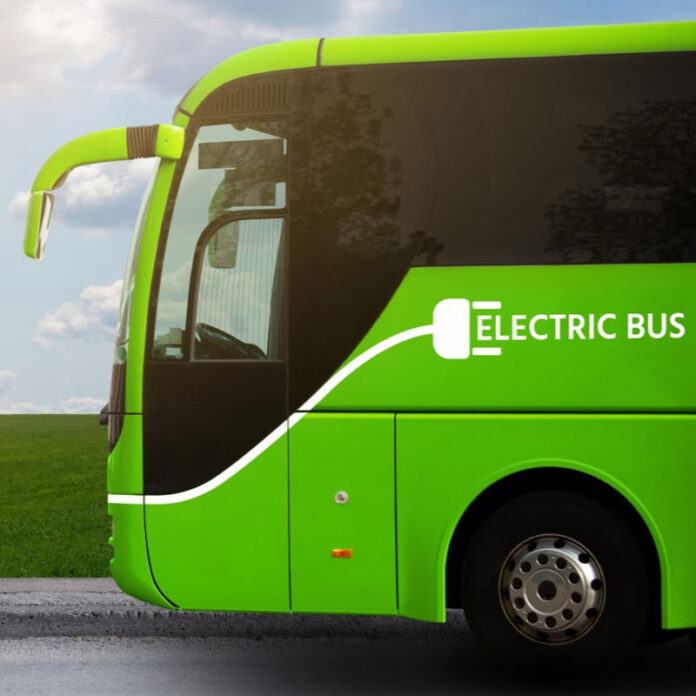
The Indian government unfolds an ambitious plan to transform its public transport landscape by replacing 800,000 diesel buses with electric alternatives in the next seven years. This strategic initiative not only addresses environmental concerns but also propels investments in the electric vehicle (EV) ecosystem, positioning India as a global hub for EV manufacturing.
Comprehensive Replacement Plan
The plan envisions the replacement of 200,000 electric buses for state transport undertakings (STUs), 550,000 for private operators, and 50,000 dedicated to schools and employee transportation by 2030. This large-scale initiative is poised to become a cornerstone in India’s commitment to sustainable and green mobility.
FAME III Replacement and Global Recognition
Expected to replace the third phase of the Faster Adoption and Manufacturing of Electric Vehicles (FAME) incentive program, this initiative aims to bolster India’s standing as a global manufacturing hub for EVs. By focusing on large procurement tenders and aggregating demand, the plan aims to lower per-unit costs, facilitate the creation of charging infrastructure, and stimulate job creation in manufacturing.
Strategic Industry Consultations
The government is actively engaging with stakeholders and multilateral institutions to shape the contours of this ambitious scheme. With an estimated capital requirement of INR 1.2-1.5 lakh crore to roll out 100,000 electric buses, consultations aim to garner insights and ensure the successful implementation of the program, expected to be unveiled in the next fiscal year.
Potential for Transformation
With around 4,000 electric buses currently on Indian roads, the plan targets a paradigm shift in the country’s public transport system. The conversion of 800,000 diesel buses to electric is not just an environmental imperative but a catalyst for establishing a robust EV ecosystem, driving scale, reducing costs, and creating job opportunities.
Global Partnerships and COP28 Summit Announcement
This significant move aligns with recent announcements made at the COP28 Summit, where India and the US revealed plans for a joint payment security mechanism (PSM) to deploy 38,000 electric buses in India. The PSM aims to ensure timely payments, facilitating the electrification of the country’s bus fleet to achieve net-zero targets.
Decarbonization and Financial Collaboration
Recognizing the importance of private bus conversion in India’s decarbonization efforts, financial institutions are expected to play a crucial role, similar to their involvement in mass rapid transit systems. The government’s strategic focus on electrifying buses at scale reflects a commitment to high-impact societal and environmental outcomes.
In essence, India’s visionary plan to transition from diesel to electric buses marks a significant stride towards sustainable and green mobility. Beyond environmental benefits, the initiative holds the promise of transforming the nation into a key player in the global electric vehicle landscape.








